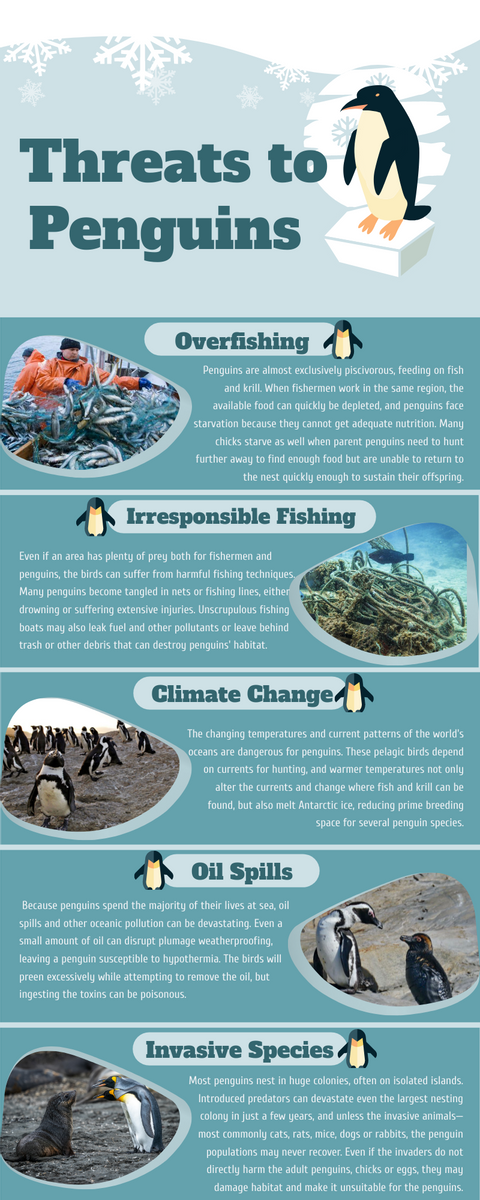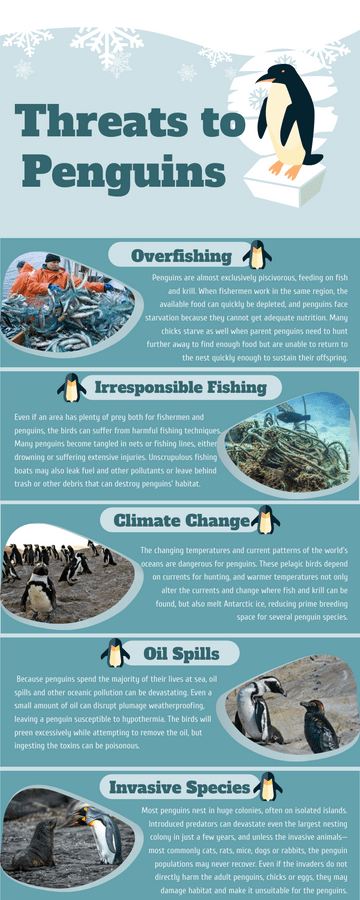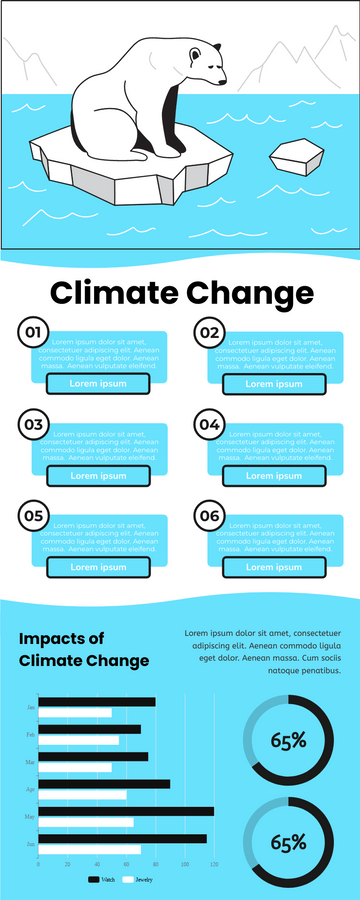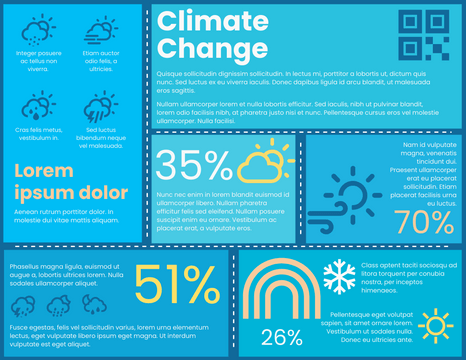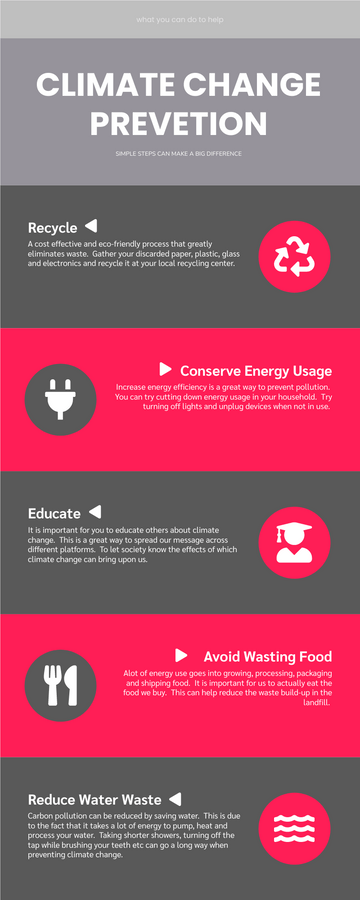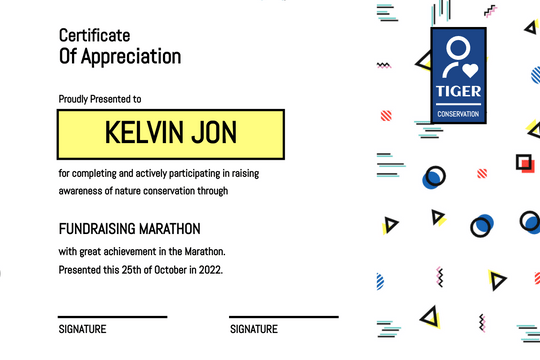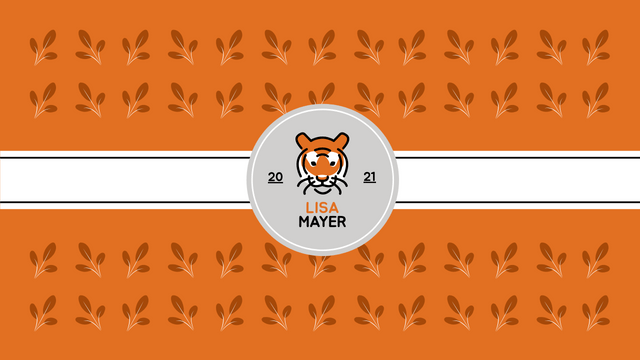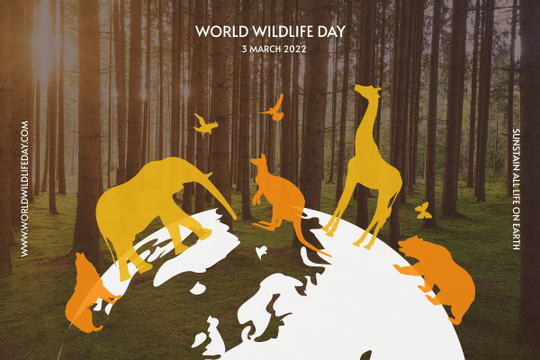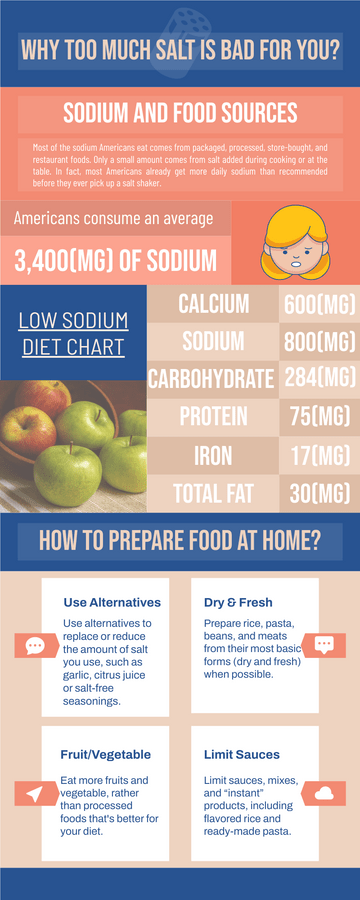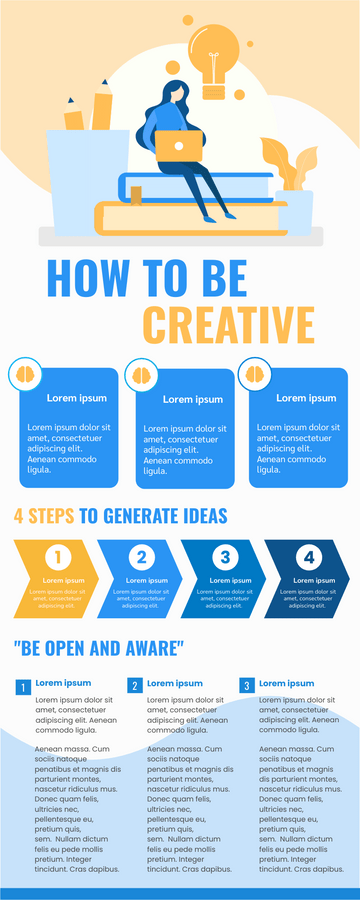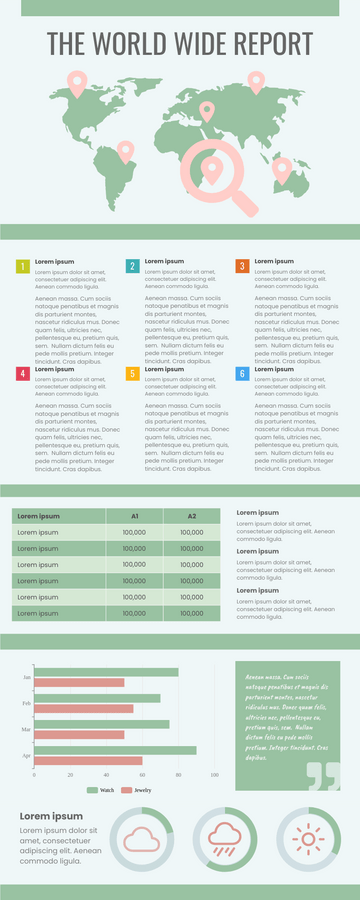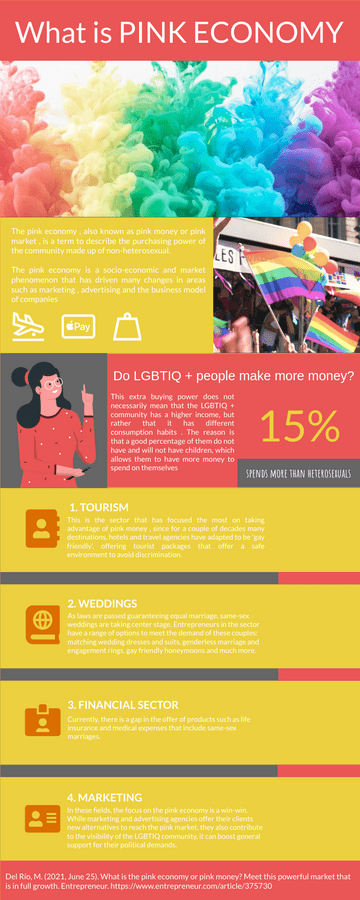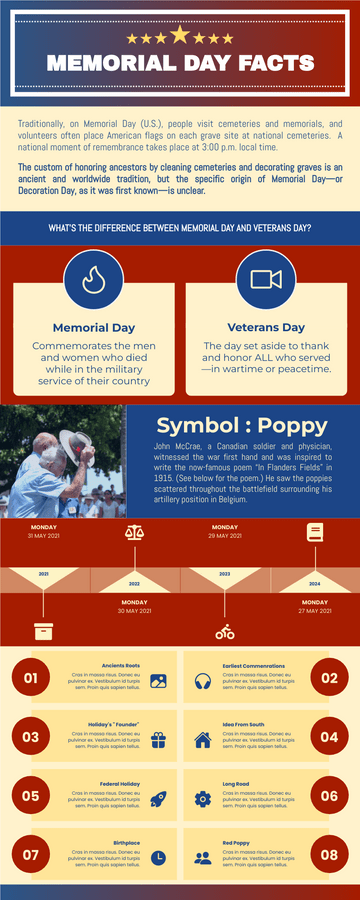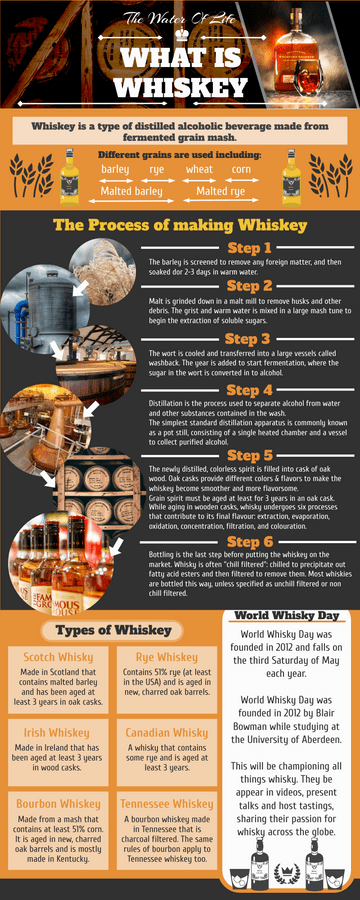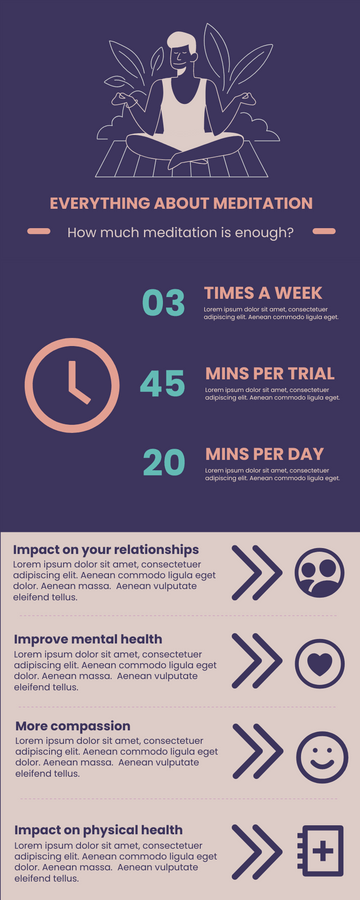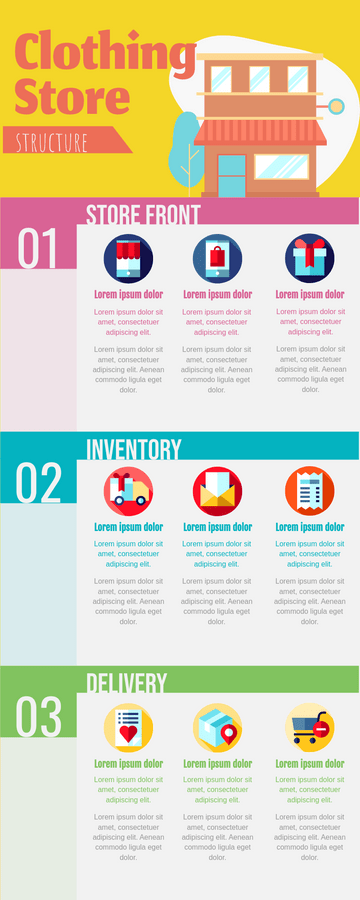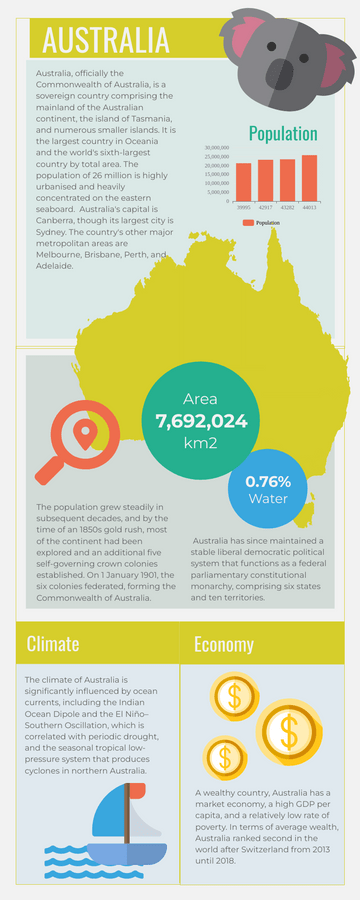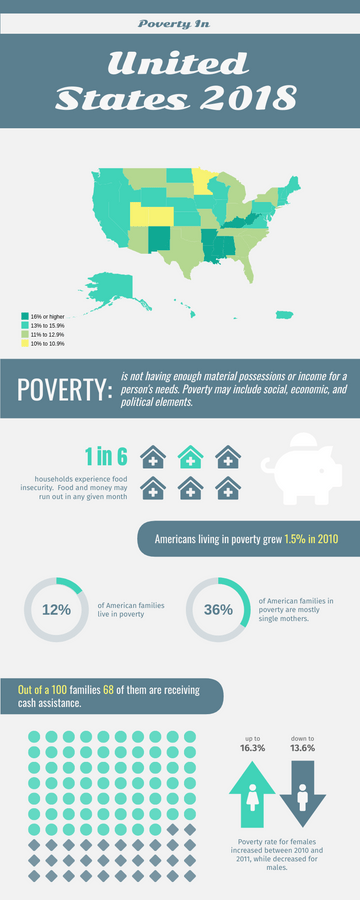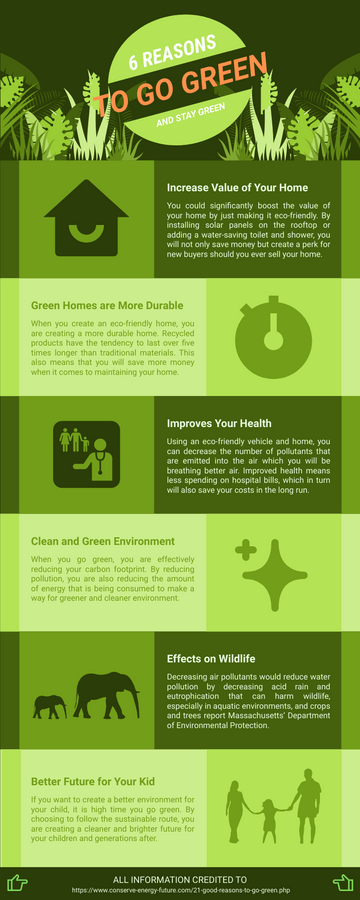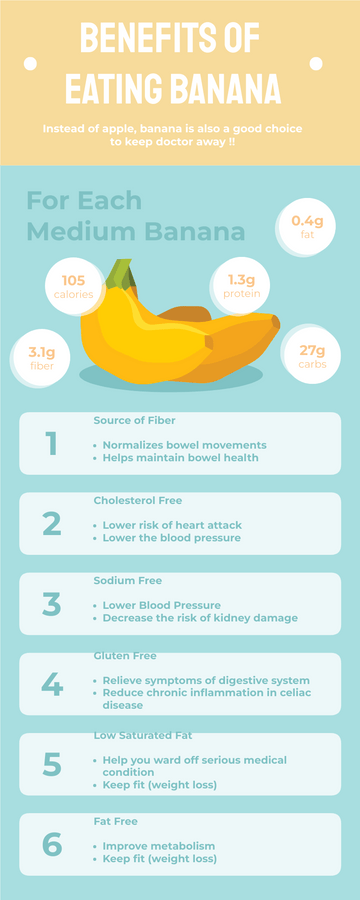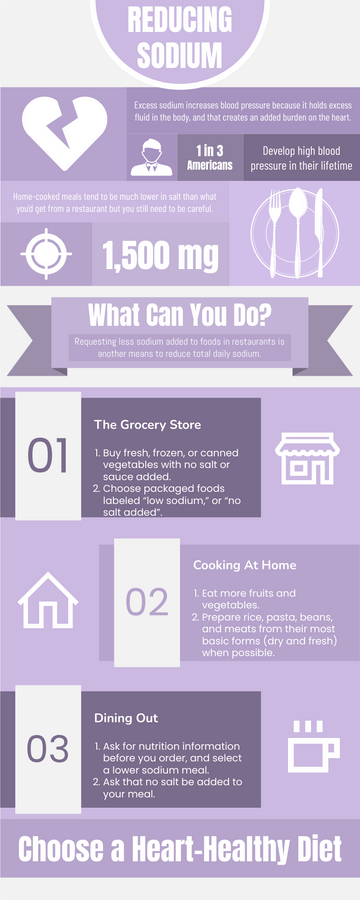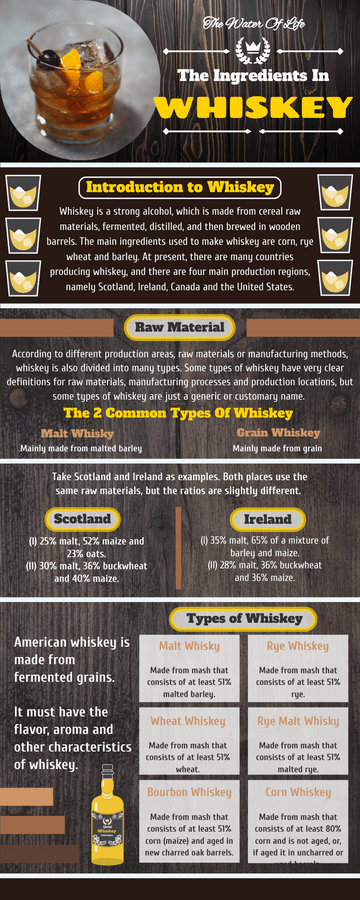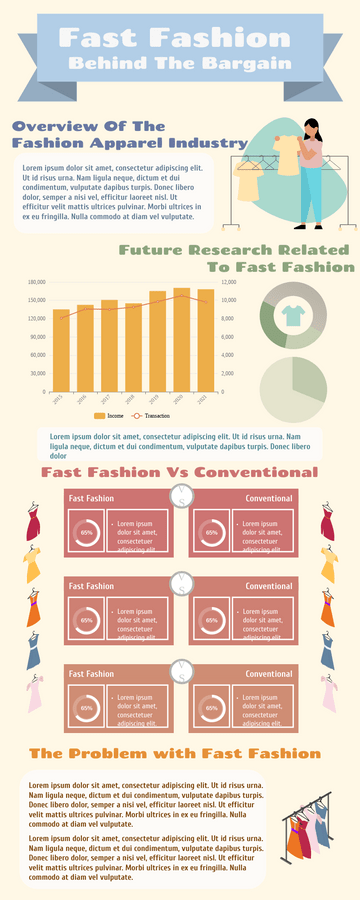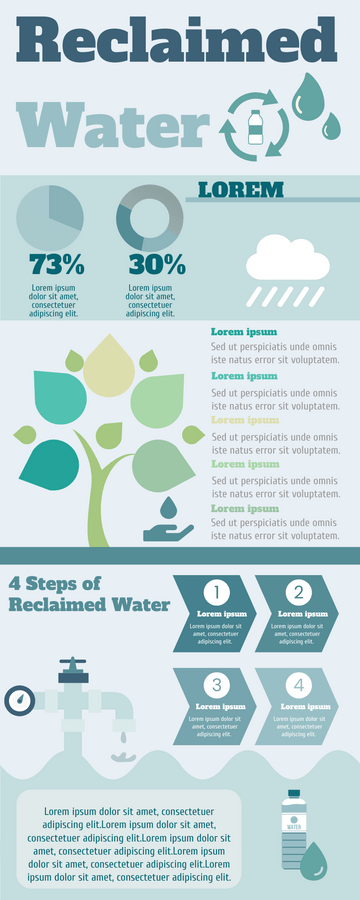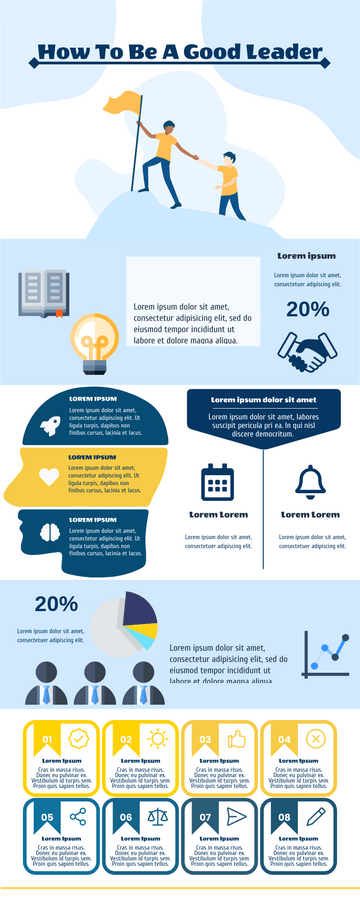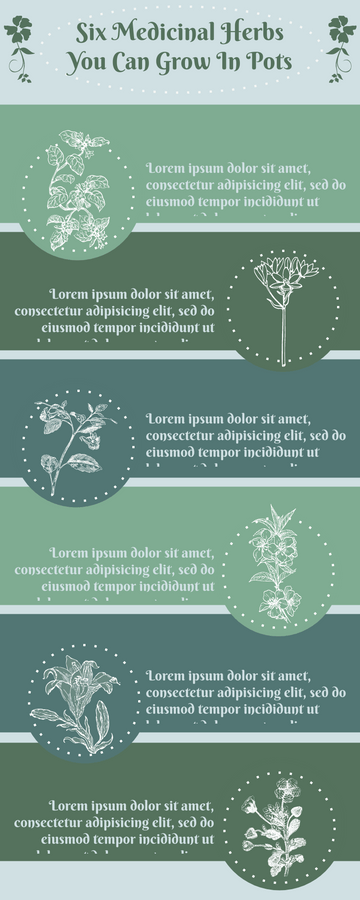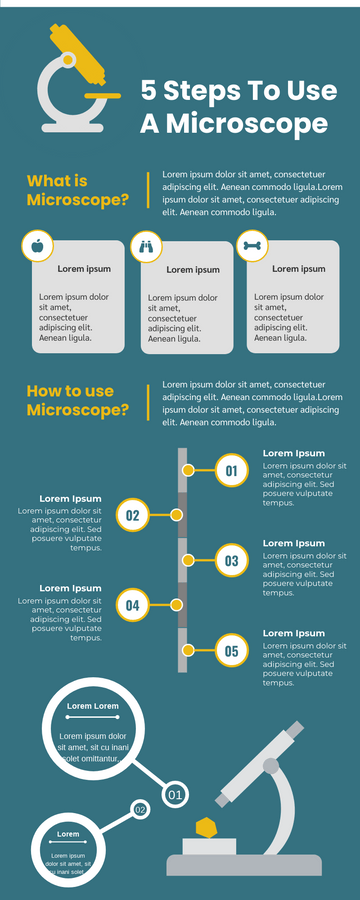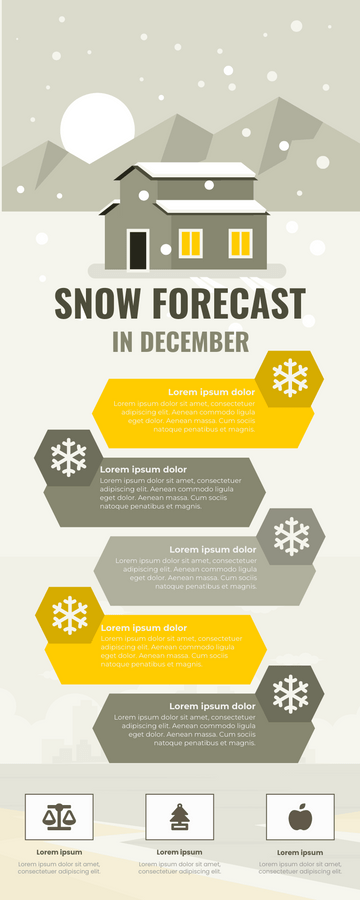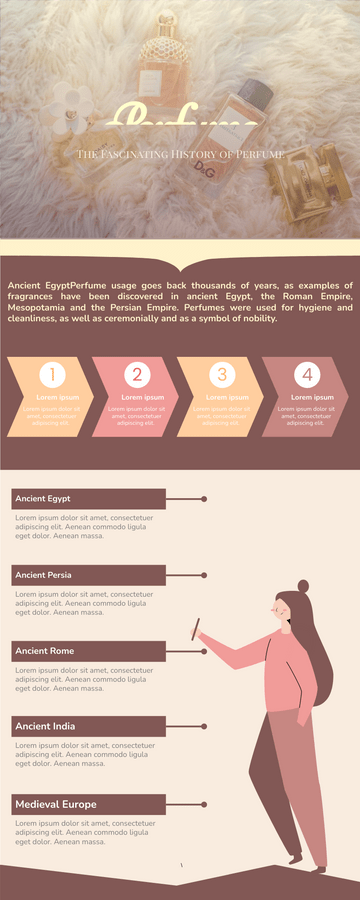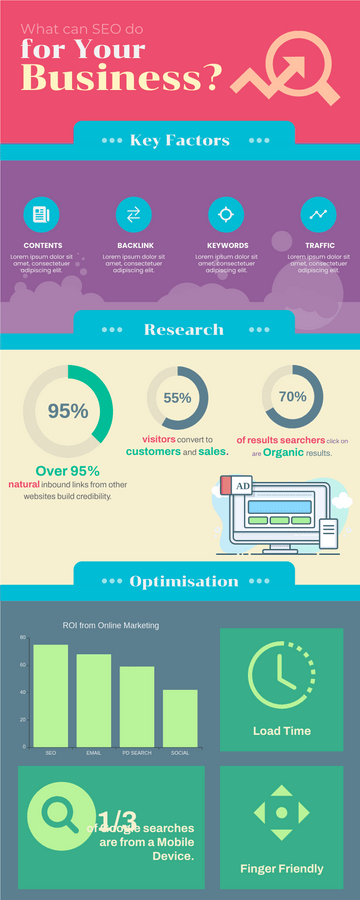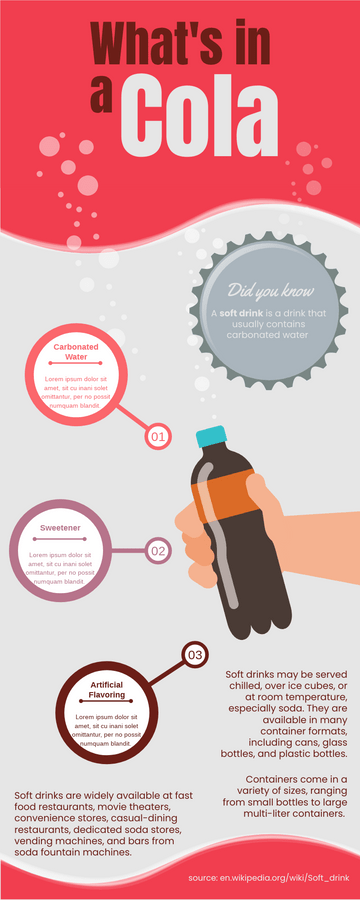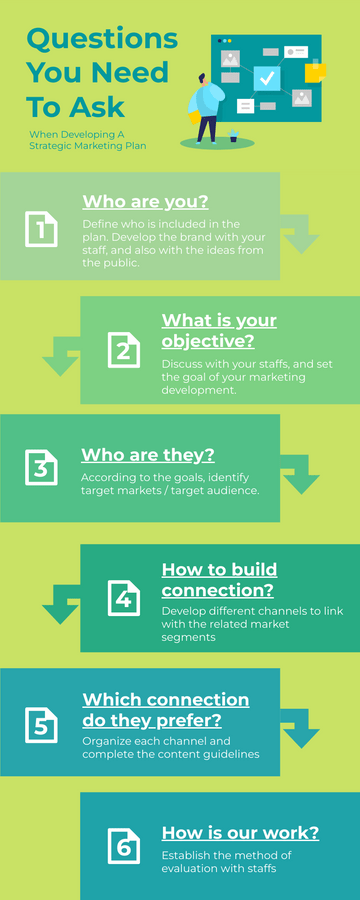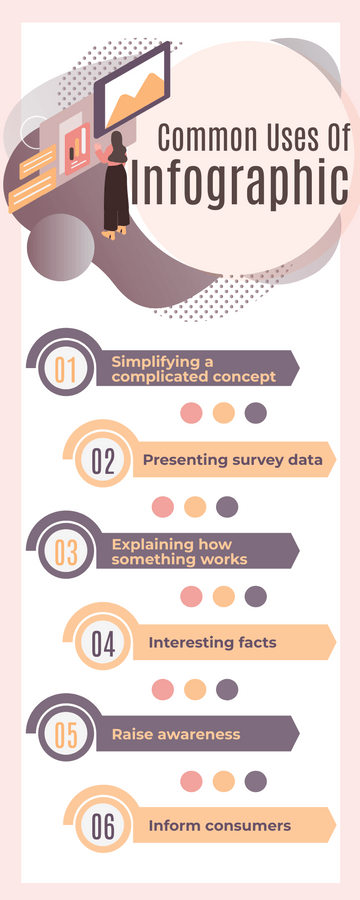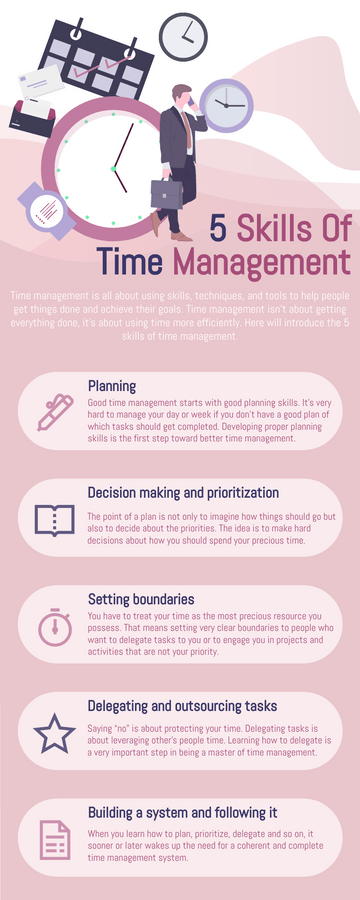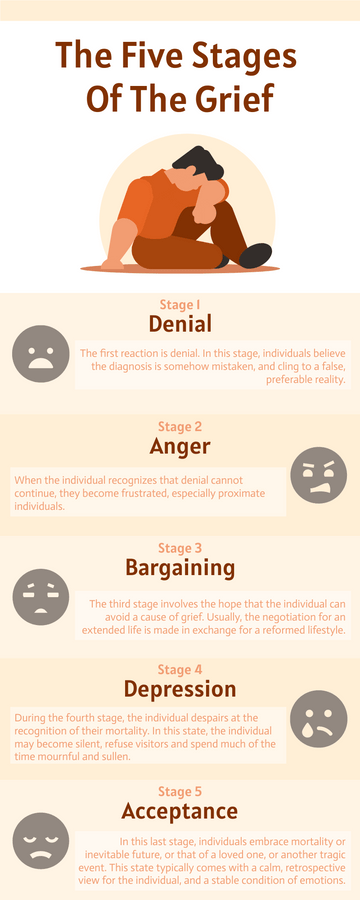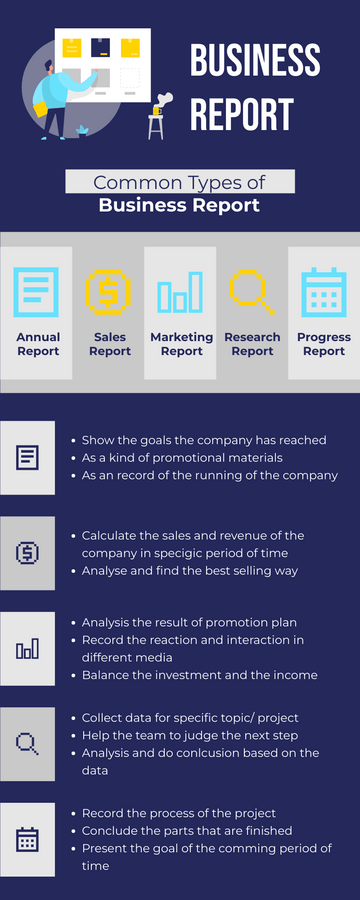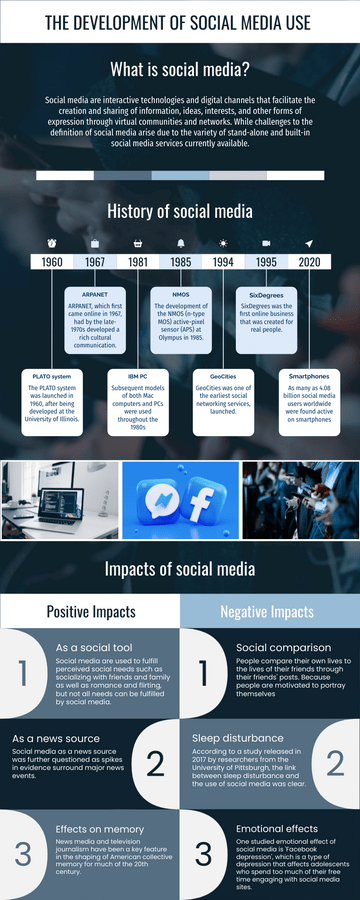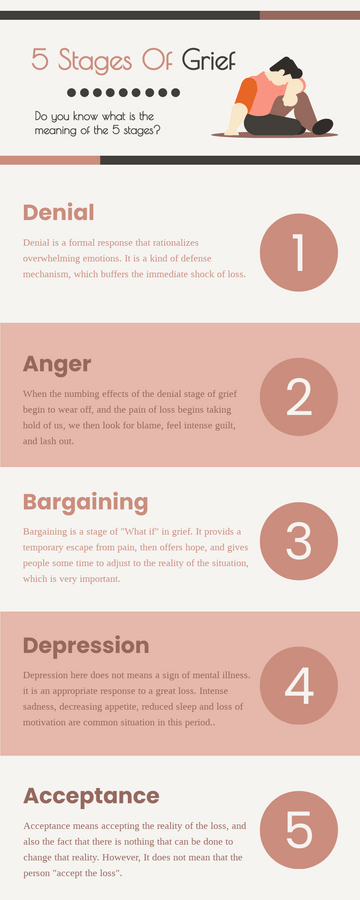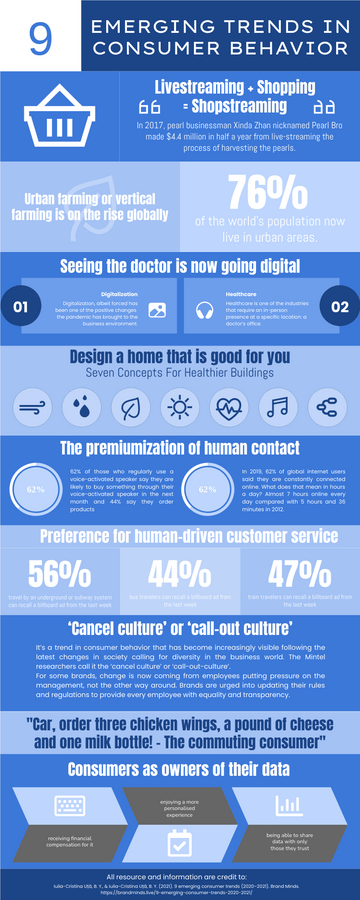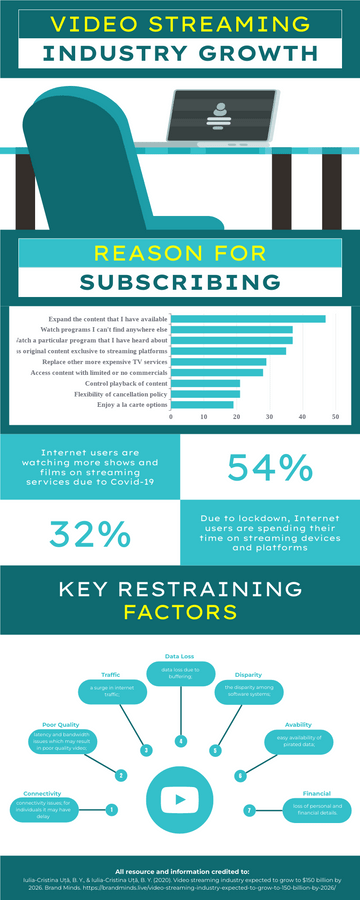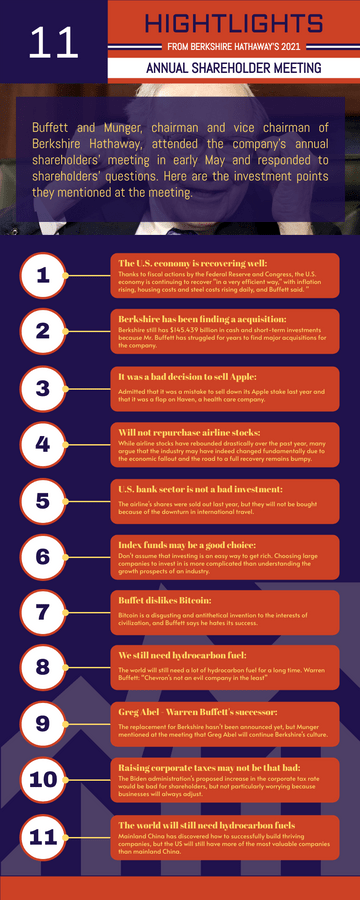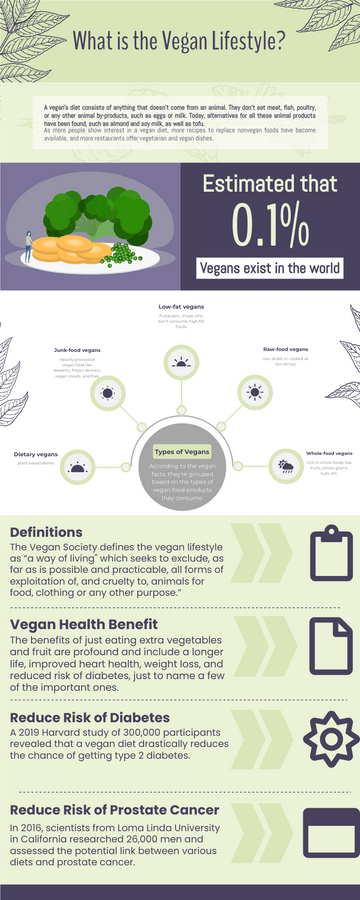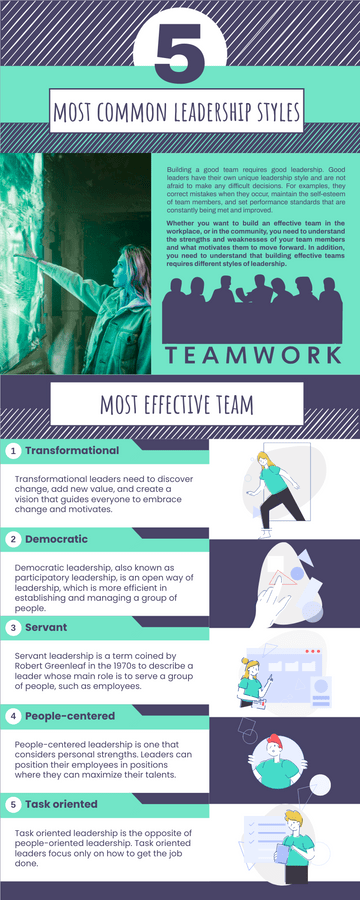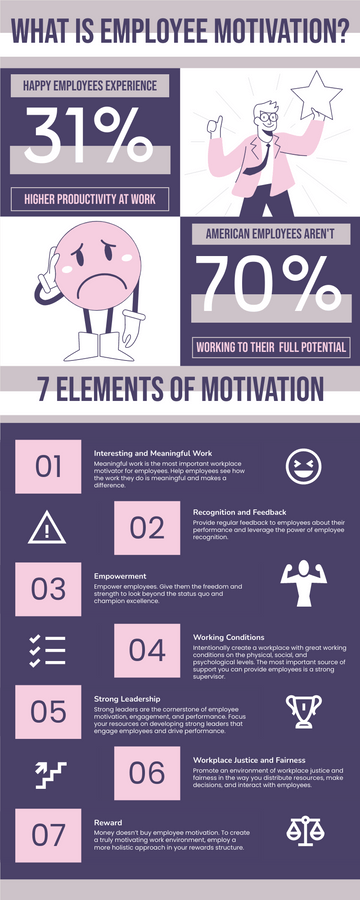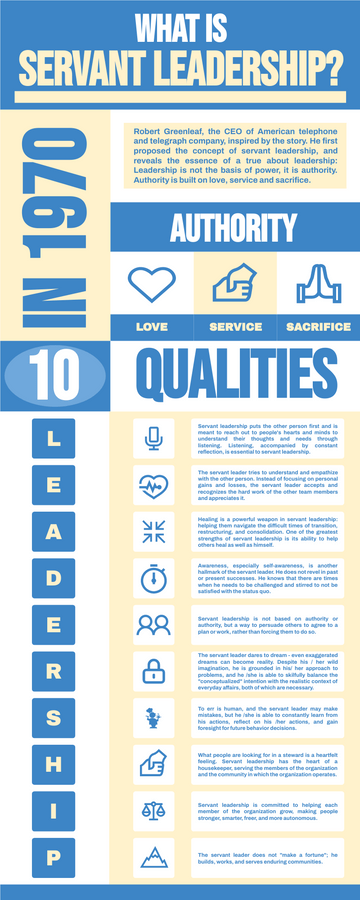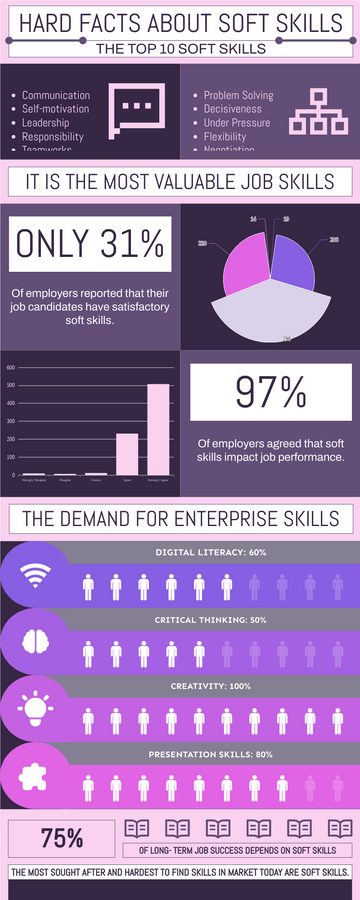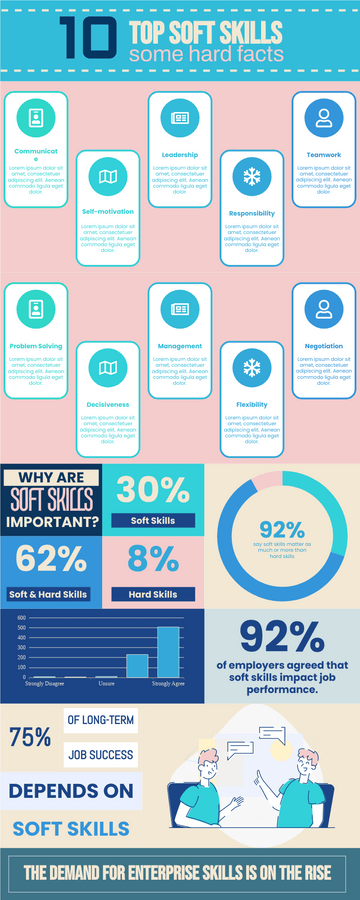Threats to Penguins
Overfishing
Penguins are almost exclusively piscivorous, feeding on fish and krill. When fishermen work in the same region, the available food can quickly be depleted, and penguins face starvation because they cannot get adequate nutrition. Many chicks starve as well when parent penguins need to hunt further away to find enough food but are unable to return to the nest quickly enough to sustain their offspring.
Irresponsible Fishing
Even if an area has plenty of prey both for fishermen and penguins, the birds can suffer from harmful fishing techniques. Many penguins become tangled in nets or fishing lines, either drowning or suffering extensive injuries. Unscrupulous fishing boats may also leak fuel and other pollutants or leave behind trash or other debris that can destroy penguins' habitat.
Climate Change
The changing temperatures and current patterns of the world's oceans are dangerous for penguins. These pelagic birds depend on currents for hunting, and warmer temperatures not only alter the currents and change where fish and krill can be found, but also melt Antarctic ice, reducing prime breeding space for several penguin species.
Oil Spills
Because penguins spend the majority of their lives at sea, oil spills and other oceanic pollution can be devastating. Even a small amount of oil can disrupt plumage weatherproofing, leaving a penguin susceptible to hypothermia. The birds will preen excessively while attempting to remove the oil, but ingesting the toxins can be poisonous.
Invasive Species
Most penguins nest in huge colonies, often on isolated islands. Introduced predators can devastate even the largest nesting colony in just a few years, and unless the invasive animals—most commonly cats, rats, mice, dogs or rabbits, the penguin populations may never recover. Even if the invaders do not directly harm the adult penguins, chicks or eggs, they may damage habitat and make it unsuitable for the penguins.
